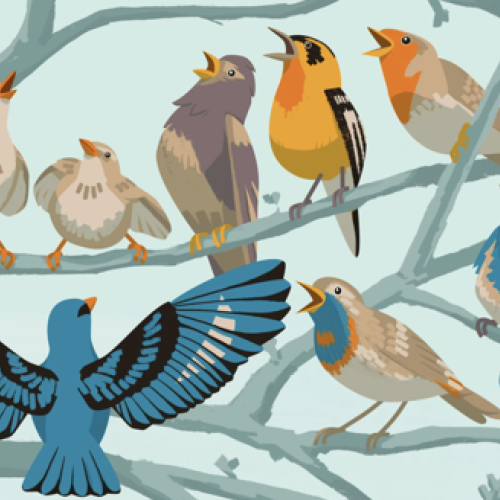How to Chair a Large Department


GW Academic Leaders Portal
While much of the work that you do is unique to your school, this site serves as a central resource to save you time. Because you have a critical role that requires you to access both school-specific and university-wide information, this site has been designed provide you with links to as many relevant resources as possible. Read more.

Creating a culture of trust is vital for your effectiveness as an administrator — but many forces work against it.

You’ve been in your share of awful ones. Here’s how to make them better.

Higher ed leaders need to understand more about Gen Z and their workplace tendencies and preferences.

How to Leverage Emotional, Social, and Cultural Intelligence to Enhance Professional Lives
Understanding Mindfulness and Emotional, Social, and Cultural Intelligence.

Emotional Intelligence and Leadership Effectiveness: Bringing Out the Best
University leaders require a broad set of skills – from using data to creating long-term strategy – as well as the ability to adapt to changing times.

A new vice president shares five factors to consider as you weigh leaving faculty life.

University leaders require a broad set of skills – from using data to creating long-term strategy – as well as the ability to adapt to changing times.

University administration has never been more difficult or demanding.

From the Center for Creative leadership (CCL), we recommend academic leaders follow the 70-20-10 rule when it comes to professional development. The Learn Now Guides are organized applying this framework:
Use these at your convenience.
